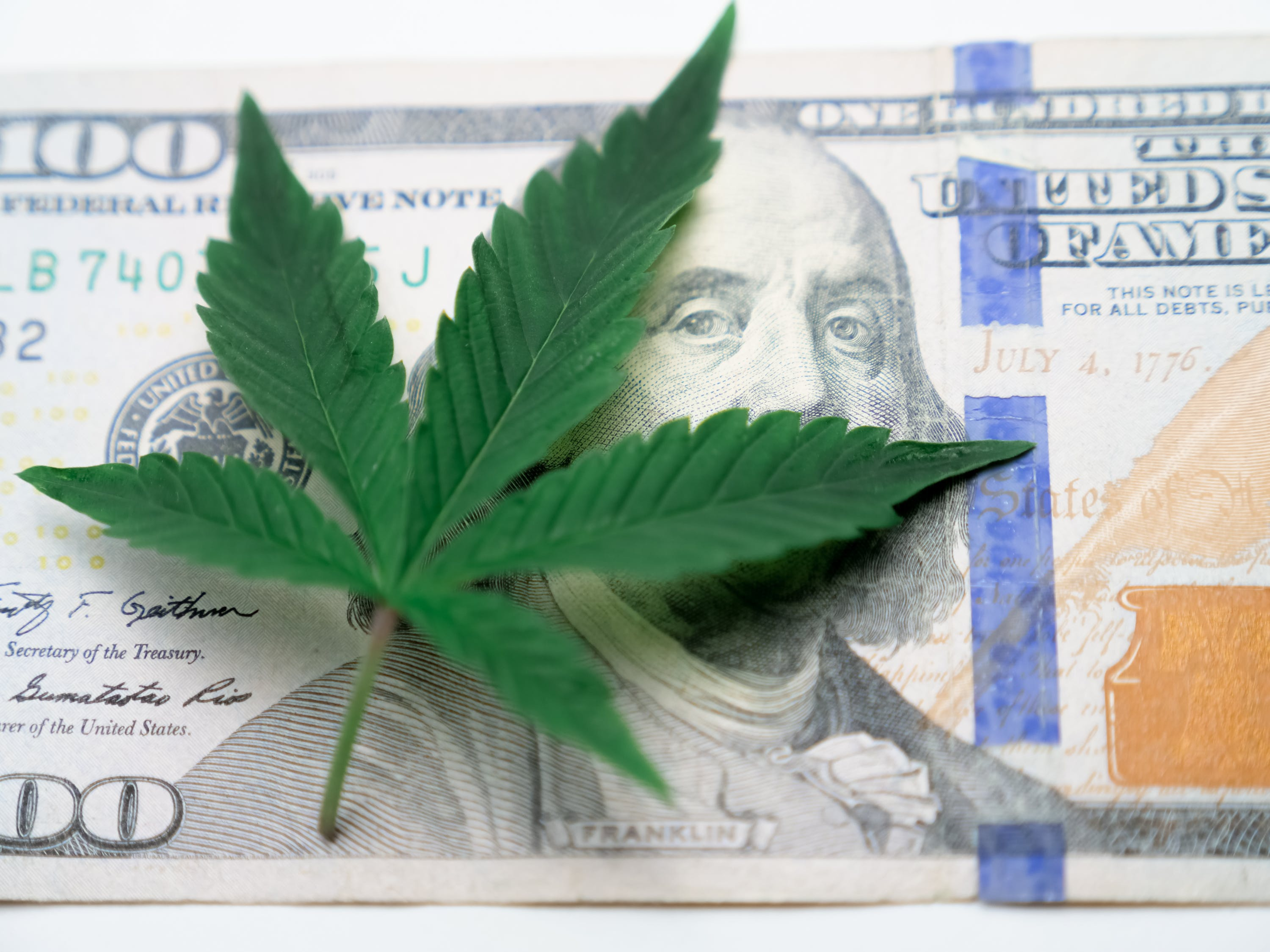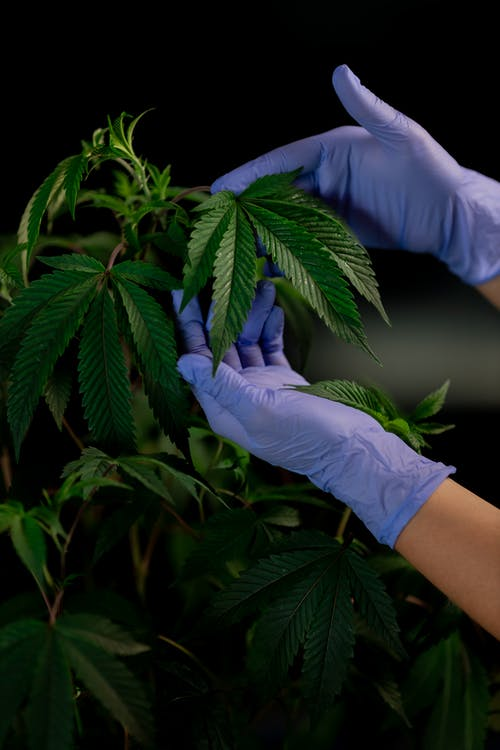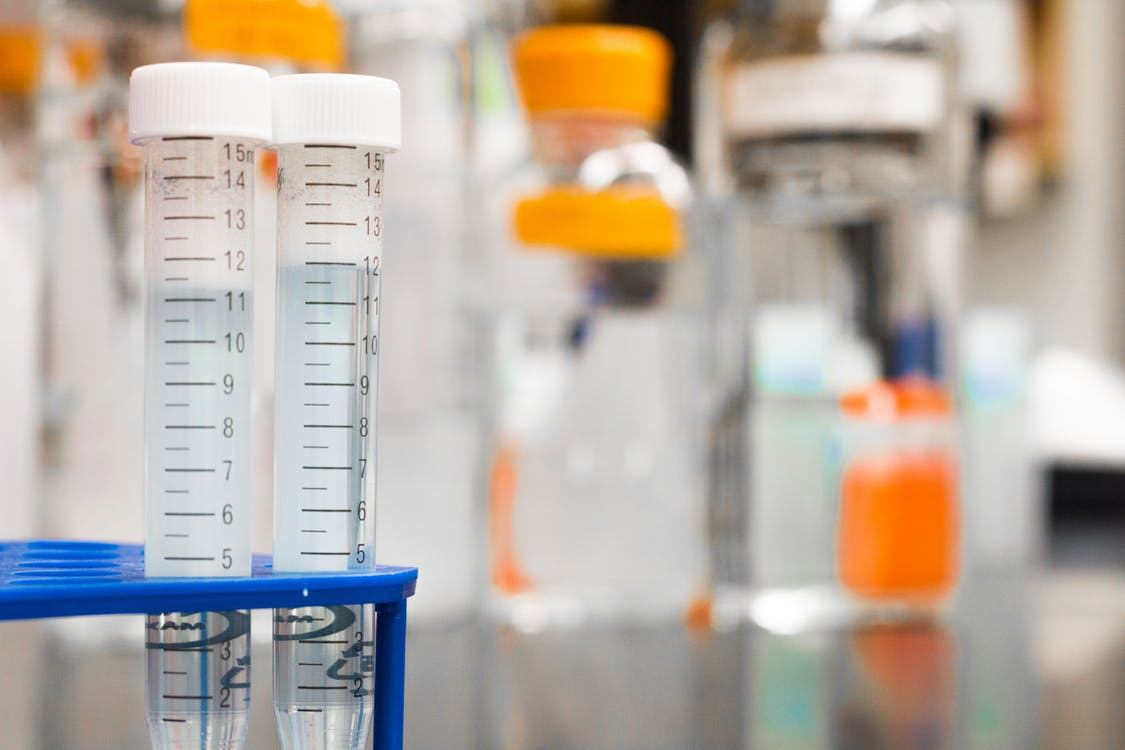CBD
CBG Vs CBD: What’s The Differences, Benefits, and Effects? (2022)
Cannabis and cannabis-derived cannabinoids have become major ingredients in many health and wellness products around the world. The biomass market size of CBG and CBD is expected to reach $44 million by 2028. The daily intake of CBG and CBD has caught on with cannabis lovers and has the potential to make a huge difference to your diet. Here’s a fair comparison of CBG Vs CBD to help you make a more informed decision about your cannabis purchases.
What is CBG?
CBG stands for cannabigerol. It is one of the most important cannabinoids found in cannabis plants. CBG is found in all strains of cannabis plants. It is the decarboxylated form of the parent molecule, cannabigerolic acid, from which all other cannabinoids are synthesized.
As the cannabis plant matures, most of the CBG is converted to other cannabinoids bound to cannabis, such as CBD and THC. CBG constitutes about 1% of the chemicals present in the cannabis plant.

The molecular structure of CBG is C21H32O2. Similar to CBD, CBG is a non-psychoactive component of hemp plants. CBG oils have many therapeutic benefits on the endocannabinoid system. It can have a healing effect on the body’s cannabinoid receptors and have a positive impact on appetite stimulation. CBG is the partial agonist of CB1 and CB2 cannabinoid receptors.
There are numerous preclinical studies conducted on the use of the CBG. Encouraged by cannabis enthusiasts, CBG isolate has been known for its use in experimental inflammatory bowel disease treatment.
How is CBG made?
Younger cannabis plants and hemp strains with a high concentration of CBG present in them are used for CBG extraction. All the cannabinoids, including CBG and CBD, are mainly derived from cannabigerolic acid(CBGA).
Cannabis strains that are between 6 to 8 weeks into their flowering period yield the highest amount of CBG. During this time, CBGA breaks down into cannabidiolic acid(CBDA), tetrahydrocannabinolic acid (THCA), and cannabichromenic acid(CBCA).
Most cannabis plants have less than 1% of CBG. Larger biomass of cannabis is required to ensure CBG extracts can be turned into pure CBG oil. Harvesting cannabis plants early results in a lower portion of cannabinoids being extracted. Purified CBG oil and CBG products can be expensive compared to other cannabinoids due to their decreased yield capacity.
What is CBD?
Cannabidiol, or CBD, is among the two cannabinoids most commonly found in cannabis plants. Unlike THC, CBD is a non-intoxicating cannabinoid. The molecules of CBD interact with the endocannabinoid system to provide therapeutic effects to its users. It is used in CBD products along with minor cannabinoids such as Delta 8 and Delta 9 THC.
The therapeutic effects of CBD include reduced anxiety and physical pain. As one of the primary non-intoxicating cannabinoids extracted from hemp, it has neuroprotective properties and analgesic properties. Preclinical studies have also reported that the use of CBD can reduce seizures in people suffering from Dravet syndrome, a rare type of epilepsy.
CBD products are purchased by people through prescription medications and online stores. The addition of CBD to your normal food intake can have various therapeutic benefits, such as appetite stimulation and better sleep.

Although the two cannabinoids CBG and CBD have similar properties, they have dissimilar molecular structures. CBD was discovered many years before CBG, and the cannabinoid’s molecular structure is C21H30O2.
How is CBD made?
Cannabidiol is extracted from hemp that contains less than 0.3% THC. According to the Journal of Clinical Pharmacology Vol. 59, it is impossible to determine the exact concentration of CBD in non-FDA-approved products. Since both CBD and CBG do not have the psychoactive properties of THC, these chemicals are considered safer to use. However, it is recommended that you check the labels of broad-spectrum CBD oils before you buy them.
There are several ways to extract CBD from cannabis.
Carbon dioxide extraction
Carbon dioxide is widely used to extract CBD oil. In this method of extraction, carbon dioxide is placed in a chamber and pumped into another chamber that contains cannabis. The chamber is kept at a high pressure that allows the CBD oil from cannabis to be absorbed into the carbon dioxide. The components are moved into a third chamber till it releases the carbon dioxide into a gas state, isolating CBD oil with all of its flavors.
Due to the potency of the cannabis oils extracted through this method, CBD can enter the bloodstream more easily through the endocannabinoid system. As per the Biochemical Pharmacology Vol. 157, purified CBD can affect CB1 and CB2 receptors even in small quantities.
Ethanol extraction
Ethanol can be used as a safe and effective way of extracting CBD. High-grade grain alcohol, or ethanol, is used as a solvent to separate CBD from the marijuana plant. Extraction through ethanol can be done in warm and cold conditions. It also takes considerably less time compared to other extraction methods. The oil from ethanol extraction is used in vape cartridges and e-liquids.
Winterization
Winterization removes unwanted substances from the oil to obtain pure CBD. The oil is extracted at high temperatures from cannabis. Once extracted, the CBD oil is added to 200 proof alcohol and stirred vigorously. Crude oil is thinned out by the alcohol and left to freeze overnight.
The frozen crude oil is put through a Buchner Funnel using paper filters. After filtration, the residue is heated to the alcohol’s boiling point till the alcohol evaporates and leaves behind CBD oil.
Short path distillation
CBD can be further refined through short path distillation. Cannabis is slowly heated in a vacuum till the unnecessary parts, such as terpenoids and flavonoids, are removed. The vapors released after heating are passed through a distillation tube and into cooling coils. The condensed vapors drip down into separate containers. Since cannabinoids have different boiling points, it is easier to extract CBD oil using this method.
CBG Vs CBD
Cannabigerol and cannabidiol are among the most resourceful chemicals extracted from hemp. Choosing between CBD and CBG can be a daunting task as they have unique characteristics of their own.
Availability of CBG Vs CBD
CBG is found in less than 1% of the hemp plants, whereas some strains of hemp may contain up to 20% of CBD. There are many hemp farmers working hard to produce strains that yield higher amounts of CBG to make up for the increased cost of extracting CBG.

The process of extracting CBD is also significantly cost-effective compared to CBG. Cannabis production plants require thousands of pounds of biomass to preserve a few grams of CBG isolate.
Side effects of CBG Vs CBD
In-depth studies on the effects of CBD on people have reached convincing results. Medical trials with CBD products are well documented and offer plenty of evidence to support their claims. Dizziness, diarrhea, and fatigue are the common side effects of CBD.

CBG, on the other hand, is still in its nascent stage of study and requires further research on its effects on humans. Drowsiness, increased food intake, dry mouth, and nausea are a few of the side effects of CBG. However, most of the medical claims of the effects of CBG are tested on mice.
Drug testing results of CBG Vs CBD
CBD containing more than 0.3% of THC is definitely going to show up on a drug test. Full-spectrum CBD products are more likely to have higher amounts of THC in them. Make sure the CBD products you buy consist of pure CBD to avoid getting screened on drug tests.

CBG has a molecular structure that is different from THC and CBD. In most cases, CBG will not show up on drug tests due to low levels of THC. Although CBG does not trigger a positive result in drug tests, it is recommended to avoid CBG products before taking a drug test.
Is CBG better than CBD?
The scarcity of CBG in cannabis makes it an expensive ingredient to source and supply. Choose between CBG and CBD based on the health condition that you’re treating.

